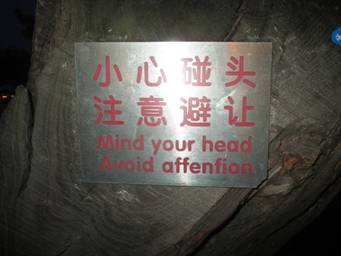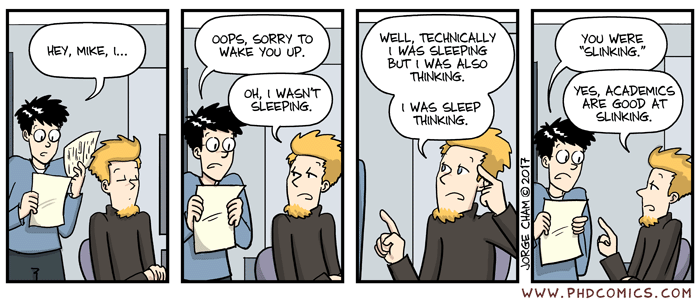Jamil Anderlini in the Financial Times (6/21/17), "The dark side of China’s national renewal", writes:
To an English-speaking ear, rejuvenation has positive connotations and all nations have the right to rejuvenate themselves through peaceful efforts.
But the official translation of this crucial slogan is deeply misleading. In Chinese it is “Zhonghua minzu weida fuxing” and the important part of the phrase is “Zhonghua minzu” — the “Chinese nation” according to party propaganda. A more accurate, although not perfect, translation would be the “Chinese race”.
That is certainly how it is interpreted in China. The concept technically includes all 56 official ethnicities, including Tibetans, Muslim Uighurs and ethnic Koreans, but is almost universally understood to mean the majority Han ethnic group, who make up more than 90 per cent of the population.
The most interesting thing about Zhonghua minzu is that it very deliberately and specifically incorporates anyone with Chinese blood anywhere in the world, no matter how long ago their ancestors left the Chinese mainland.
“The Chinese race is a big family and feelings of love for the motherland, passion for the homeland, are infused in the blood of every single person with Chinese ancestry,” asserted Chinese premier Li Keqiang in a recent speech.
Read the rest of this entry »



